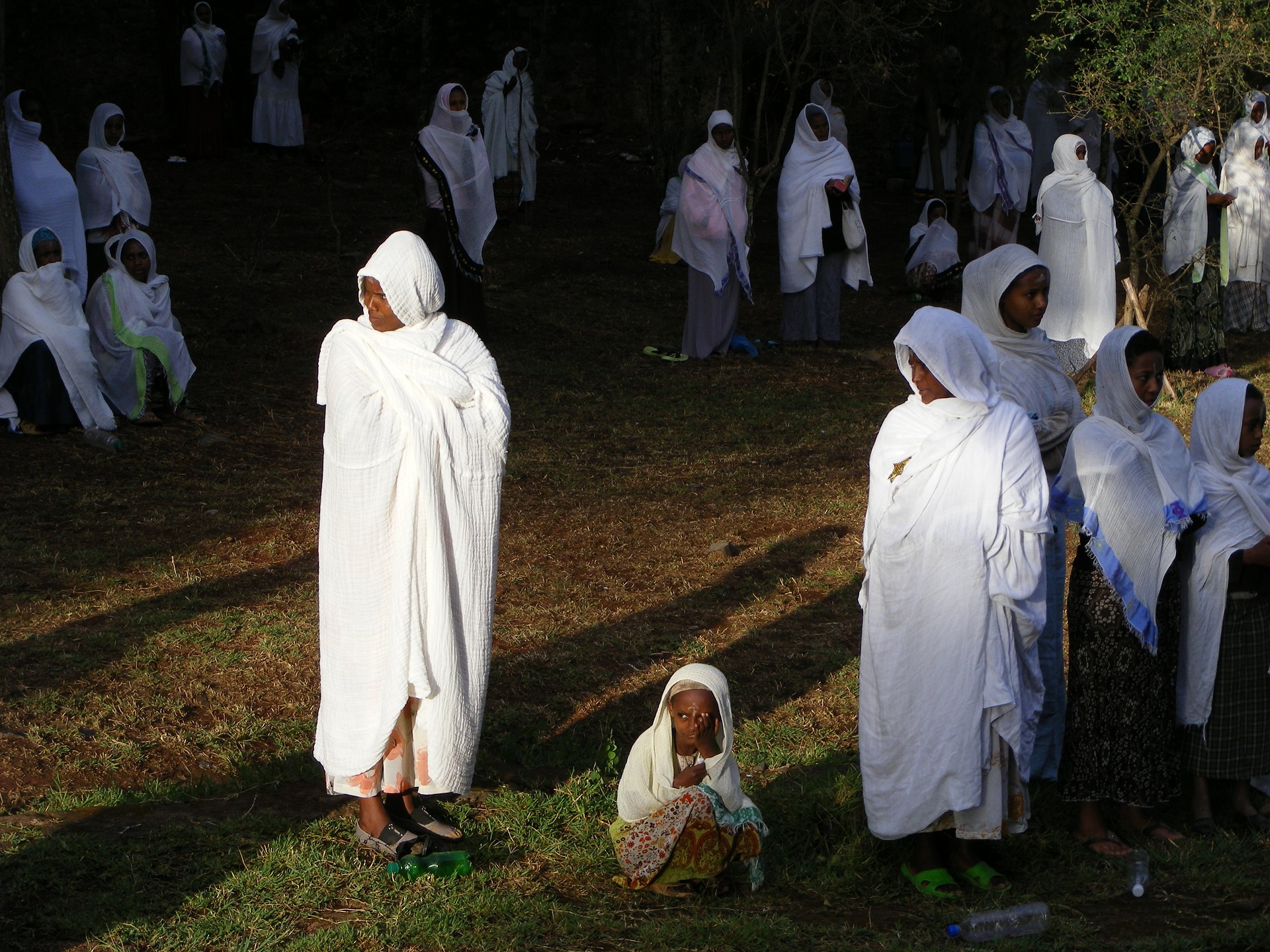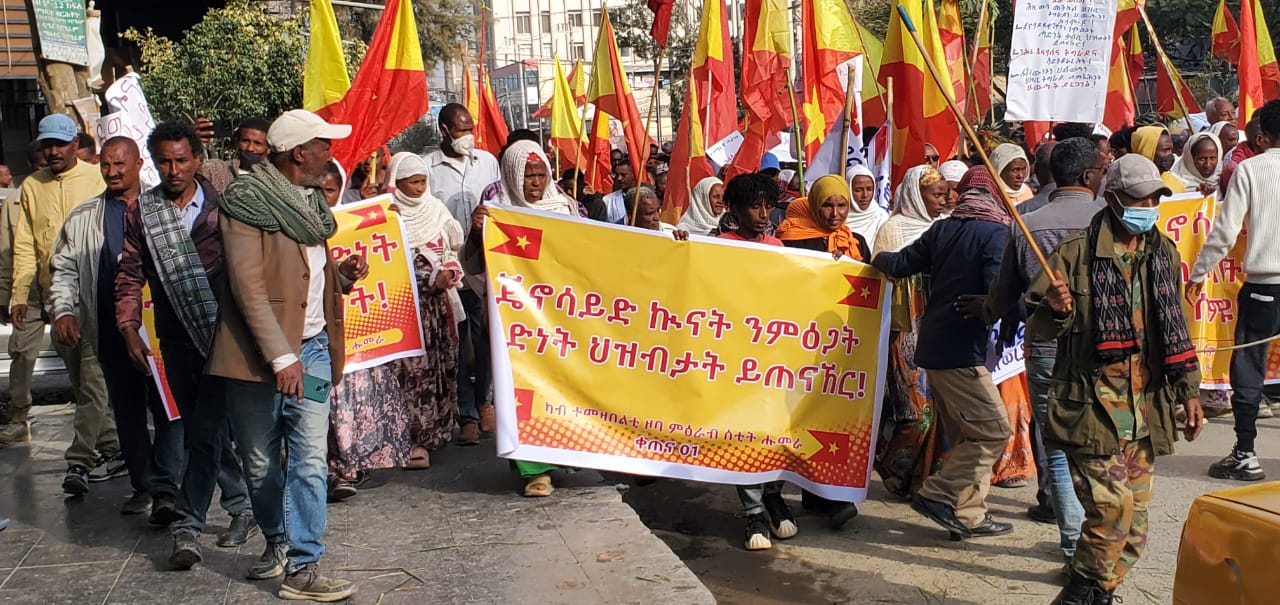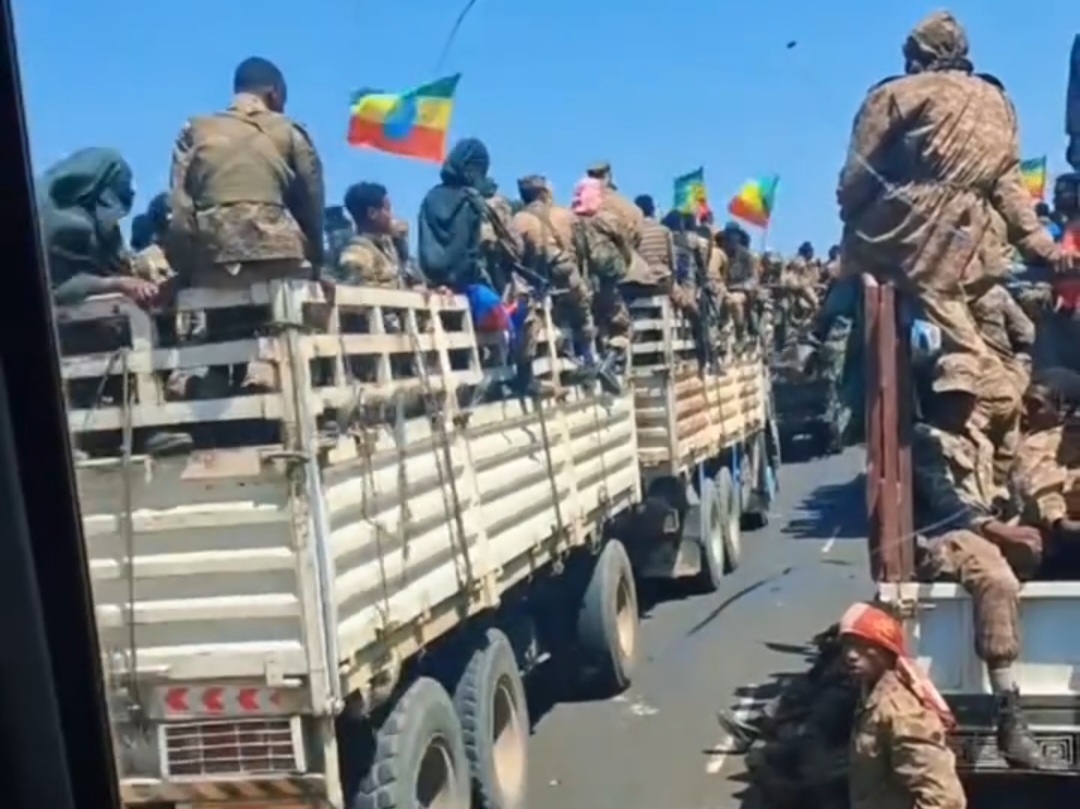BY TESFA-ALEM TEKLE
The Ethiopian government has suspended access to popular social media platforms after tensions escalate between the authorities and the Orthodox Christian church, Internet watchdog, NetBlocks said on Friday.
Netblocks, an organization that monitors freedom of access to the internet, said the latest restrictions impacted TikTok, Facebook and Telegram.
According to NetBlocks, the disruptions were executed by the state-owned giant service provider, Ethio Telecom.
“Real-time NetBlocks metrics indicate that Facebook, Telegram and TikTok have been restricted on state internet provider Ethio Telecom, with aggregated reachability statistics collected from an initial set of 20 vantage points” Netblocks said.
“This class of disruption can be worked around using VPN services, which are able to circumvent government internet censorship measures” it added.
The latest disruption comes amid anti-government protests sparked by tensions over an alleged government backed attempt to split the Ethiopian Orthodox Tewhado Church.
The Orthodox Church, the country’s largest religious denomination, accuses Prime Minister Abiy Ahmed government of backing a breakaway faction in the Oromia region and called for mass protests this weekend.
The government however threatened to take serious measures against any attempt to stage public protest rallies.
The religious crisis erupted last month after a group of rebelious ethnic Oromo archbishops formed a breakaway group called the ‘Holy Synod of Oromia” in defiance to the church’s highest body, or the synod.
The splinter group accuses the church of “maintaining a system of linguistic and cultural hegemony in which congregations in Oromia are not served in their native languages”, an allegation the church denies.
NetBlocks recommends against the use of internet filtering due to its disproportionate impact on the public’s right to freely access and impart knowledge.
Ethiopia has a history of social media restrictions during protests, although authorities do not generally announce the measure.
In a statement sent to The East African Daily, Surfshark, an Internet Shutdown Tracker, said this is the 11th time the Ethiopian government imposed internet disruption in Ethiopia since 2015.
Five of these cases were related to protests, while six were related to other types of political turmoil.
“Undemocratic governments often pull the plug on internet services in times of unrest in an attempt to avoid backlash on controversial government actions and ultimately to silence the public” says Gabriele Racaityte-Krasauske, Surfshark spokeswoman.
“By restricting access to these three major social media platforms, many Ethiopians will be unable to communicate with each other and organize protests,” she added.
According to Surfshark, Ethiopia and Sudan are the two most intensive countries by internet disruptions in Africa, with 11 recorded cases each.
Speaking to The East African Daily many internet users in the capital, Addis Ababa, said that their messaging applications are unable to connect to the internet.
Others said that they are using apps like VPN to get access.
The Ethio telecom or the Ethiopian government has not yet said anything about the imposed restrictions.
(The East African Daily)



